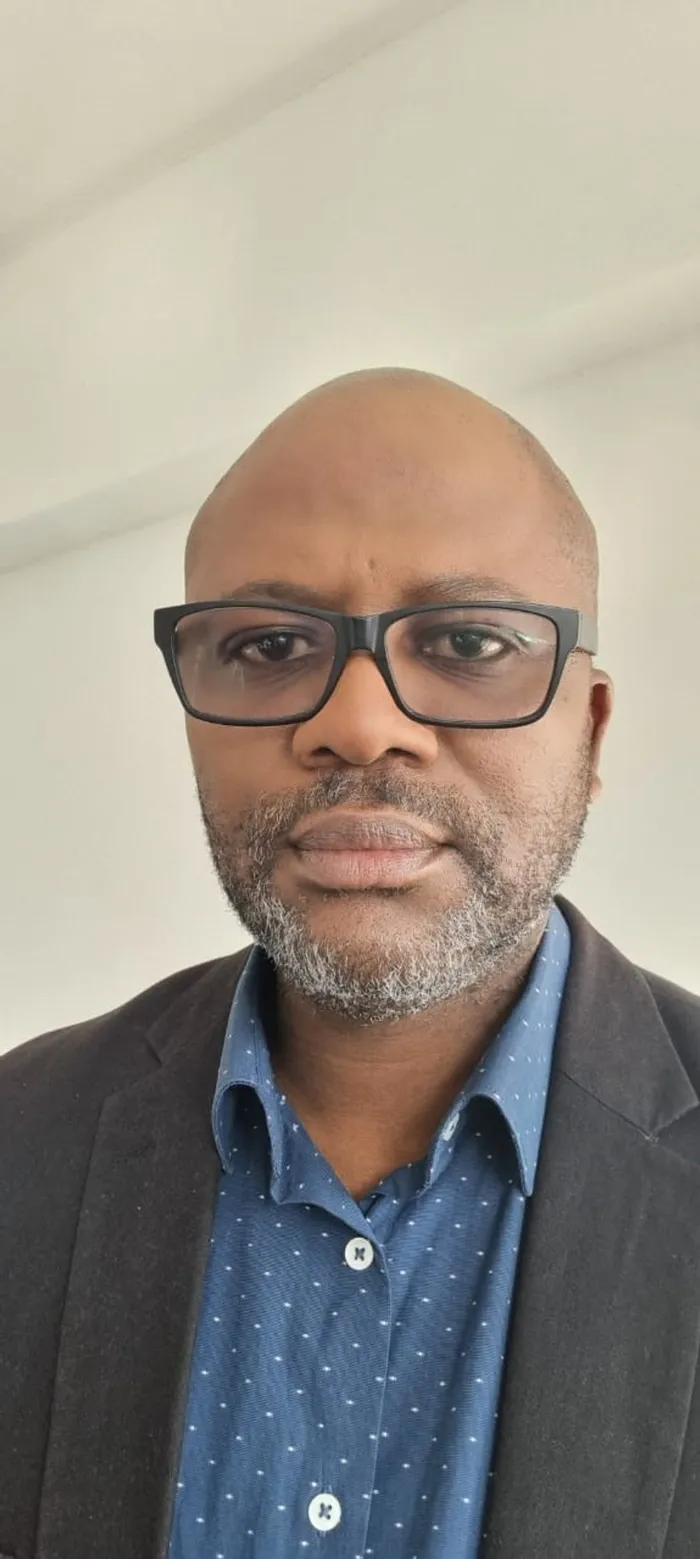30 Years of Democracy: A reflection on the promotion of multilingualism in SA

By Julius Dantile
The South African democratic dispensation was meant to usher in constitutionalism that would entrench participatory governance whereby citizens were guaranteed rights and freedoms.
The Constitution promises that all citizens are equally entitled to the rights and freedoms, privileges and benefits of citizenship. In the founding provisions of the Constitution, 11 languages were recognised as official languages, with South African Sign Languages being recognised on July 19, 2023.
The recognition of 12 languages is to move away from apartheid’s bilingualism in which Afrikaans and English were the only official languages except in the Bantustans where indigenous African languages were regionally recognised as the languages of each TBVC states.
In reflection of the integration and celebration of linguistic diversity, as guaranteed by sections 29, 30 and 31 of the Constitution, Can we guarantee that access to state information is granted to every citizen? The Constitution acknowledges that social justice intends to improve the quality of life of every citizen while unleashing the potential of each person.
Access to information in the languages that citizens understand and speak better guarantees social justice, socio-economic improvements and dealing with social ills such as illiteracy, unemployment, femicides, rape and a high crime rate. The social ills are increasingly affecting the youth in the country.
The youth (ages 15 to 34) unemployment rate standing at 45.5%, in contrast to the national average of 32.9% in the first quarter of 2024, is an indication that young people are faced with terrible socio-economic difficulties. According to Statistics SA, the unemployment rate among young females is estimated at almost 50%.
Proponent of a multilingual South Africa Neville Alexander asked a critical and central question: Whether it was possible for us to turn the languages we speak in South Africa into a resource instead of allowing them to remain a problem. Professor James Tollefson writes about language as built into the economic and social structure of society so deeply that its fundamental importance seems only natural. It is acceptably ordinary for English and Afrikaans to be used as languages of socio-economic and political transactions at every level of society. The language practice maintains the systematic and structural discrimination of apartheid’s bilingualism whereby the languages of the majority were neglected and are now blamed for underdevelopment.
However, apartheid’s bilingualism has been shifting into English monolingualism whereby the English hegemony is propelled by the interest of convergence and white supremacy and black working class and its elites advance their material determinism, ignoring the plight of the larger black segment of society, whose command of English is minimal or none, into informational oblivion. For instance, only English and, minimally lately, Afrikaans-speaking learners are able to learn through their mother tongue from kindergarten to university
The language fraternity might play a critical role in the creation of job opportunities using indigenous African languages. However, this depends on the use of thee languages by the organs of state whereby critical information held by the state is made available in the languages that young people understand better.
Mr Julius Dantile is the executive head of Languages at the Pan South African Language Board
Related Topics: